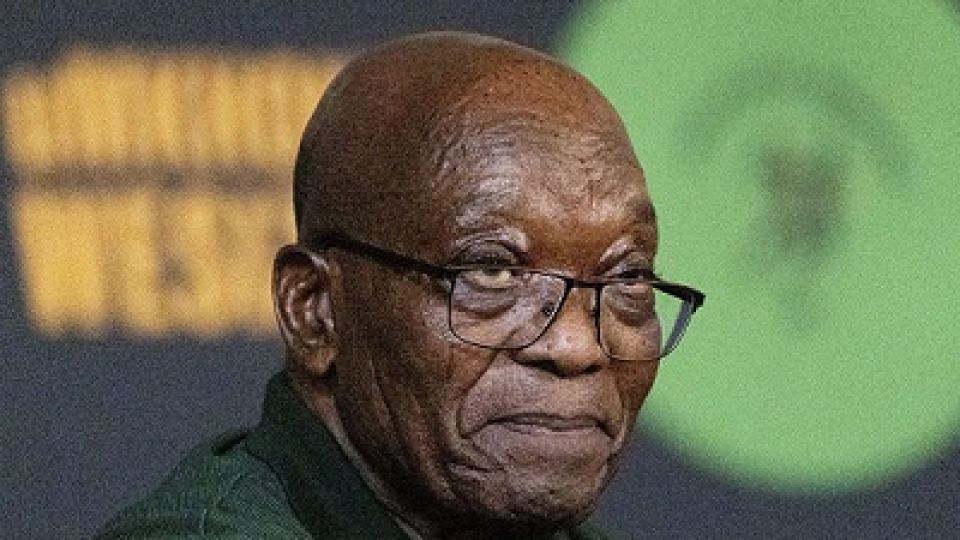by LUKE MONTGOMERY ZUNGA
JOHANNESBURG, (CAJ News) – THE South African general elections cannot be complete without the mention of the Umkhonto We Sizwe Party (MK).
South African elections were a volcanic eruption from the centre with MK the largest conflagration and a list of smaller parties, who won one or two seats in Parliament, tailing off into the Maldives.
The centre could not hold as the country suffered from large unemployment, poor service delivery, disasters, corruption, crime and an endless list of problems that caused the formation of many parties competing for solutions. So many smaller parties reflect dissatisfaction on the core issues.
The MK party was registered on behalf of Jacob Zuma, the past President of South Africa. Born in April 1942, Zuma received no formal education. He was incarcerated for 10 years on Robben Island in 1963.
On his release he was deeply involved in recruiting fighters out of South Africa, to train them to fight for liberation.
He was forced to flee South Africa in 1975 and after a stint in Swaziland and Mozambique ended up in Lusaka, the Zambian Capital, the head office of the African National Congress (ANC), which was banned in South Africa.
He became head of intelligence for the African ANC and was involved in the command of Umkhonto weSizwe, the military wing of the ANC during the years of liberation.
He returned to South Africa in 1990 to prepare for the Convention for a Democratic South Africa (CODESA) talks which led to peaceful negotiations with the apartheid South African government.
In the new freedom government, he was the Member of the Executive Council (MEC) for economic development in the KwaZulu Natal Provincial government, a position which enabled him to put down black to black Inkhatha Freedom Party (IFP) and ANC violence in the province, for which he is credited.
Jacob Zuma was fired by President Mbeki from the position of Deputy President of South Africa on 14 June 2005. The allegations were that he received corrupt payments from Schabir Shaik, his so-called financial adviser, during the arms deal procurement.
But he remained deputy president of the party and used that space to consolidate ANC support which elected him President of the ANC in Polokwane ANC congress in December 2007.
The charges of corruption have never been tested in court. My view was that the charges for corruption were misdirected because three Shaik brothers worked with Jacob Zuma as ANC intelligence units in South Africa directed by him while he was in Zambia.
On his return they assisted him to settle back in South Africa, as Jacob Zuma, like all political returnees, had no salary or homes.
Linking payments to him with the Arms deal was misinterpreted because these people knew each other, and the Schaik brothers had supported Zuma before the arms deal came into effect.
In and out of court on these corruption charges Zuma decided to register the MK party to take on the ANC in 2024 elections, forcing the ANC to lose its customary parliamentary majority position.
Coupled with many challenges facing South Africa, people voted for his gamble, which received 14.58% of the national votes.
If the ANC had MK votes it would have secured 54.78% (ANC 40.18 + MK 14.58) in the polls.
The ANC was hurt, and the South African political scenario is in confusion. The fate of KwaZulu Natal, where Zuma will govern by a long hand since his Independent Electoral Commission (IEC ) disqualification, will be complex and uncertain.
– CAJ News

